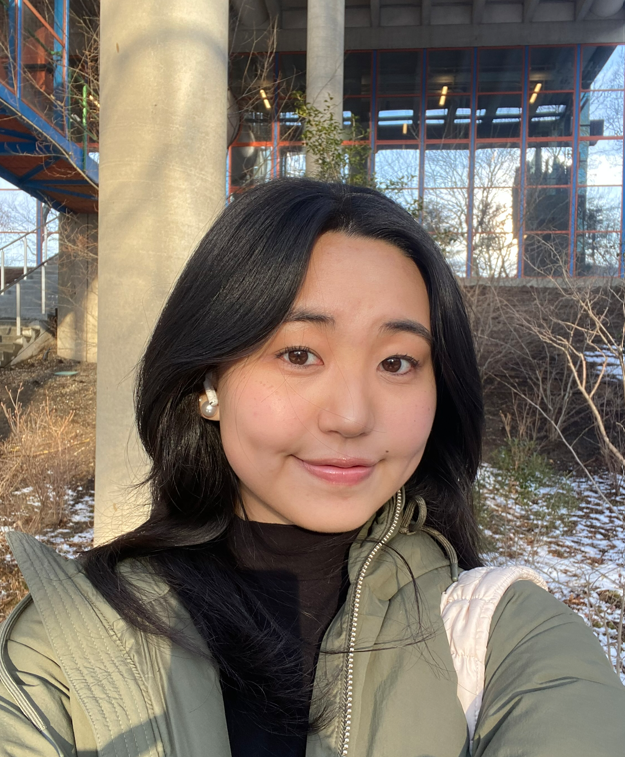 The technological world is all around us and developing at a speed that is impossible to keep up with. Adolescents are now more connected to technology than ever before and face both opportunities and obstacles online. Learning to use technology is similar to learning how to drive a car; there are risks involved, and drivers need to learn certain rules and receive gentle guidance before driving on their own. Parents in both scenarios should be in the passenger seat next to their child: setting boundaries, but giving their child the autonomy to eventually thrive on their own. It’s easy to be afraid of the unknown in the digital world, but parental involvement is essential.
The technological world is all around us and developing at a speed that is impossible to keep up with. Adolescents are now more connected to technology than ever before and face both opportunities and obstacles online. Learning to use technology is similar to learning how to drive a car; there are risks involved, and drivers need to learn certain rules and receive gentle guidance before driving on their own. Parents in both scenarios should be in the passenger seat next to their child: setting boundaries, but giving their child the autonomy to eventually thrive on their own. It’s easy to be afraid of the unknown in the digital world, but parental involvement is essential. As a kid who grew up when technology was developing at an exponential rate, my parents never taught me about safe internet usage. This may have been because they had no idea that it would grow to play such a big part in our lives. As a result, I had to learn to navigate the internet on my own and find a way to handle the emotions that came with my newfound virtual social life and constant access to information. The internet was a place where I learned about the world and formed aspects of my identity while sitting at the desk in my room. I was consuming and had access to endless amounts of information, much of which my parents were unaware of. I often felt overwhelmed by the endless exposure, and looking back, I could have benefited from guidance on how to navigate the online world meaningfully.
My experience is not a unique one. With kids having access to technology at increasingly younger ages, parents can often feel unprepared to help their children manage their online life. As a result, some end up erring on the side of being restrictive. Recent research by Senior Research Scientist Linda Charmaraman, Ph.D., Postdoctoral Research Scientist J. Maya Hernandez, Ph.D., and their coauthors shows that restrictive digital monitoring can be associated with more problematic use of technology in adolescents. Indeed, whenever my parents implemented harsher restrictions, such as monitoring texts, it encouraged a sense of rebellion and wanting to use my phone behind their backs.
Instead, I wish my parents had discussed certain digital rules and gained insights into my perspective, so that I had a say in the rules governing my tech use. Although there is a need to set boundaries, overly strict measures can backfire. Combining boundaries and open communication is necessary to establish healthy digital habits as well as encourage family bonds.
My parents did implement certain rules that helped me form healthier digital habits. While I was in middle school, I could not use my phone until I finished my homework. While frustrating, this rule limited distractions and motivated me to finish my homework. I was also not allowed to use electronic devices when eating meals at the dinner table, which encouraged family interaction and bonding. These rules helped me form healthy habits of managing responsibilities before indulging in screen time, and I saw an improvement in my grades and my relationship with my family as a result. Similarly, the 2023 U.S. Surgeon General’s advisory asserts that parents should set up “tech-free” zones to encourage healthy routines. Having boundaries around tech usage taught me discipline, which made it easier to balance online and offline life as I grew older.
Not all of my parents’ restrictions were beneficial long term. Warnings like “Don’t talk to strangers online!” or “You’re ruining your eyes!” painted technology as a danger. While their intentions were protective, studies suggest that portraying technology as a tool is more beneficial for adolescents. The warnings I received from my parents heightened my belief that they did not understand my technological problems, and that I could not go to them for advice. A more collaborative approach might have felt less invasive and encouraged trust rather than rebellion.
Just as new drivers need supervision before driving on their own, children need guidance on technology use before they can utilize it on their own. By combining clear rules, open discussions, and being role models of tech use, parents can help their children develop a balanced and healthy approach to the digital world. Let’s commit to creating a supportive experience that empowers our children to consume technology responsibly.
Ashley Yang is a member of the Wellesley College Class of 2025 who majored in media arts and sciences and psychology.


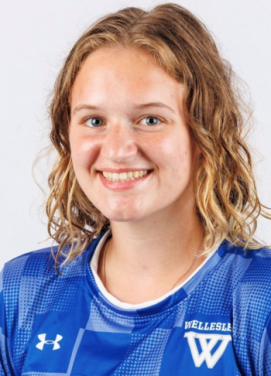 Last year, the U.S. Surgeon General
Last year, the U.S. Surgeon General 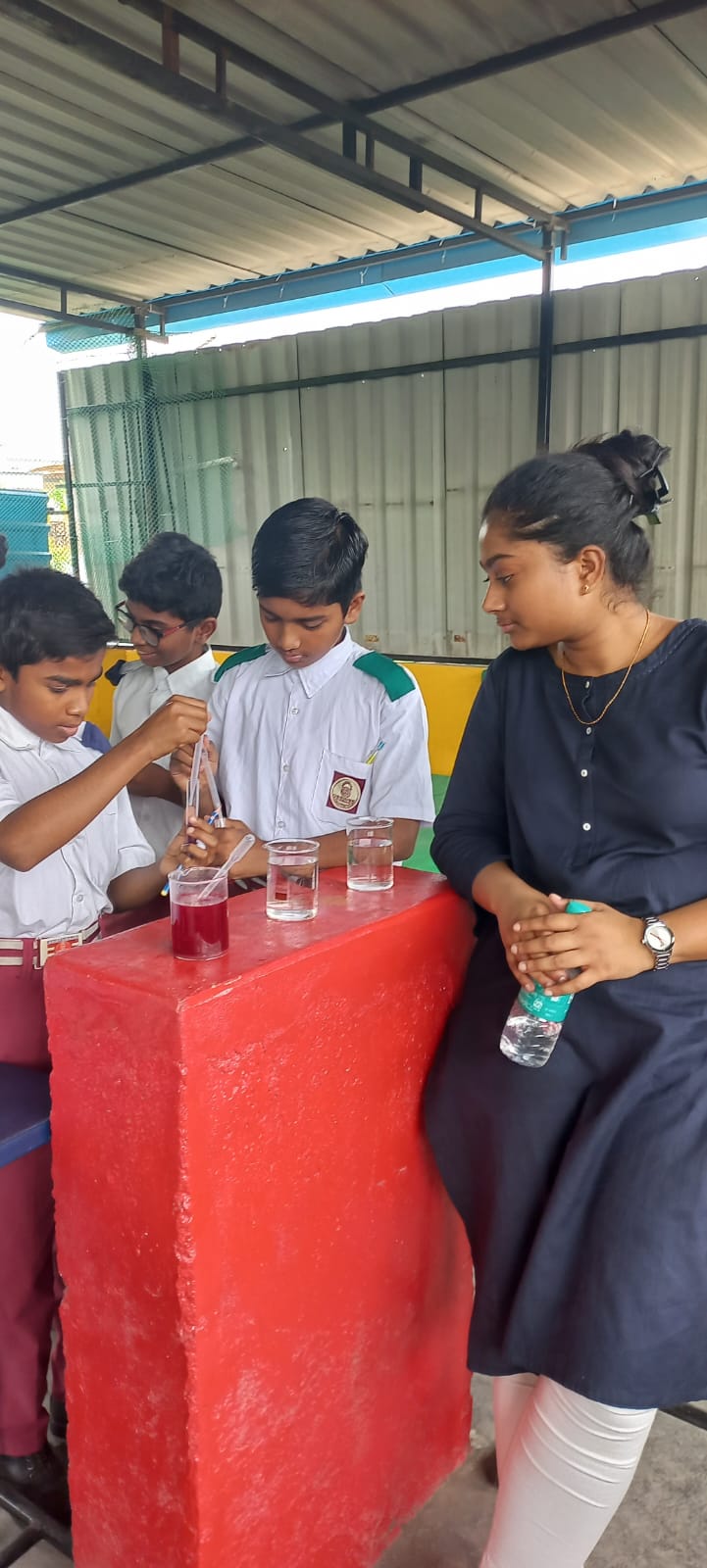
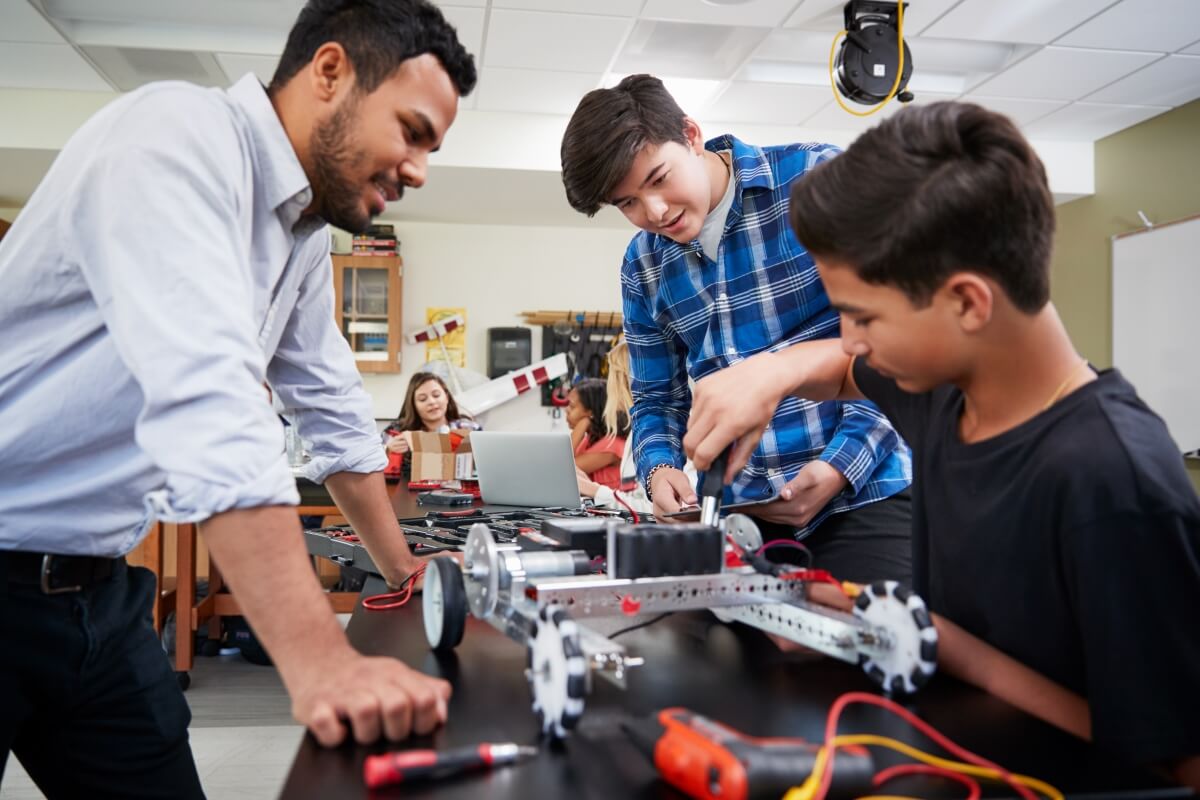
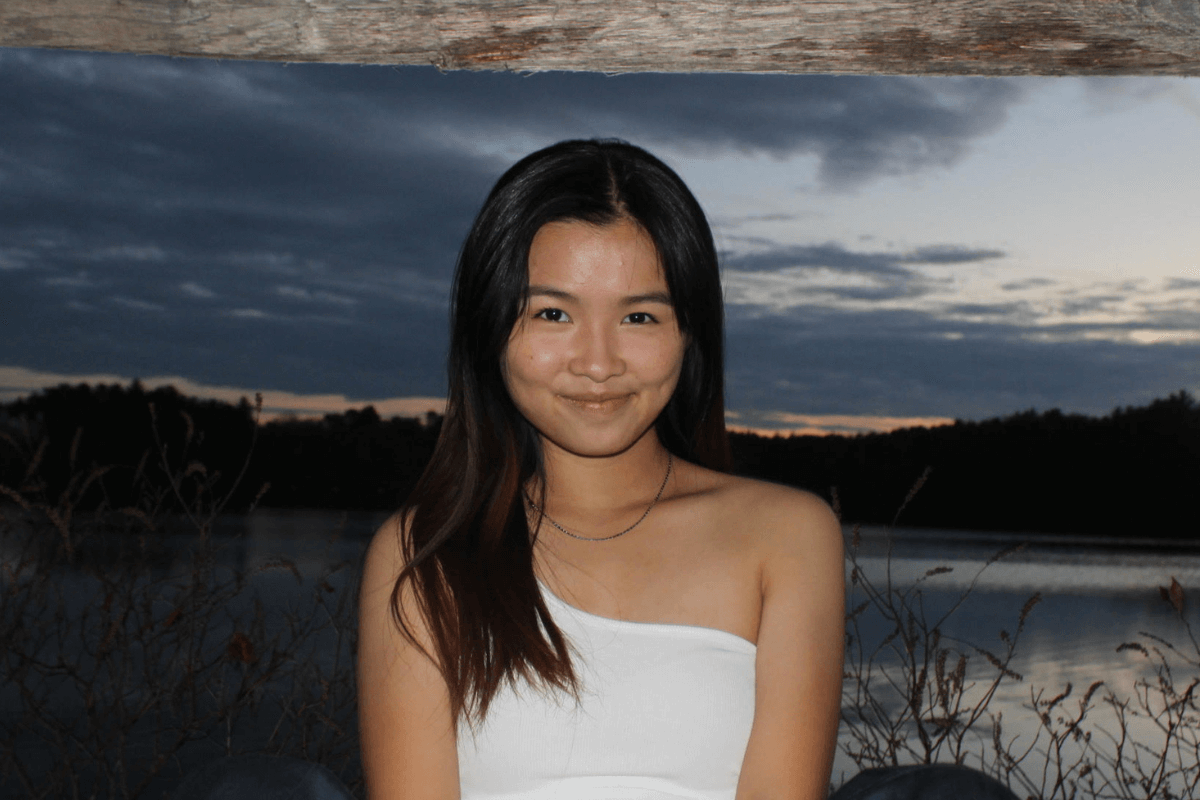
 Below is an excerpt by Betsy Nordell, Ed.D., a NIOST master observer, from the book
Below is an excerpt by Betsy Nordell, Ed.D., a NIOST master observer, from the book 

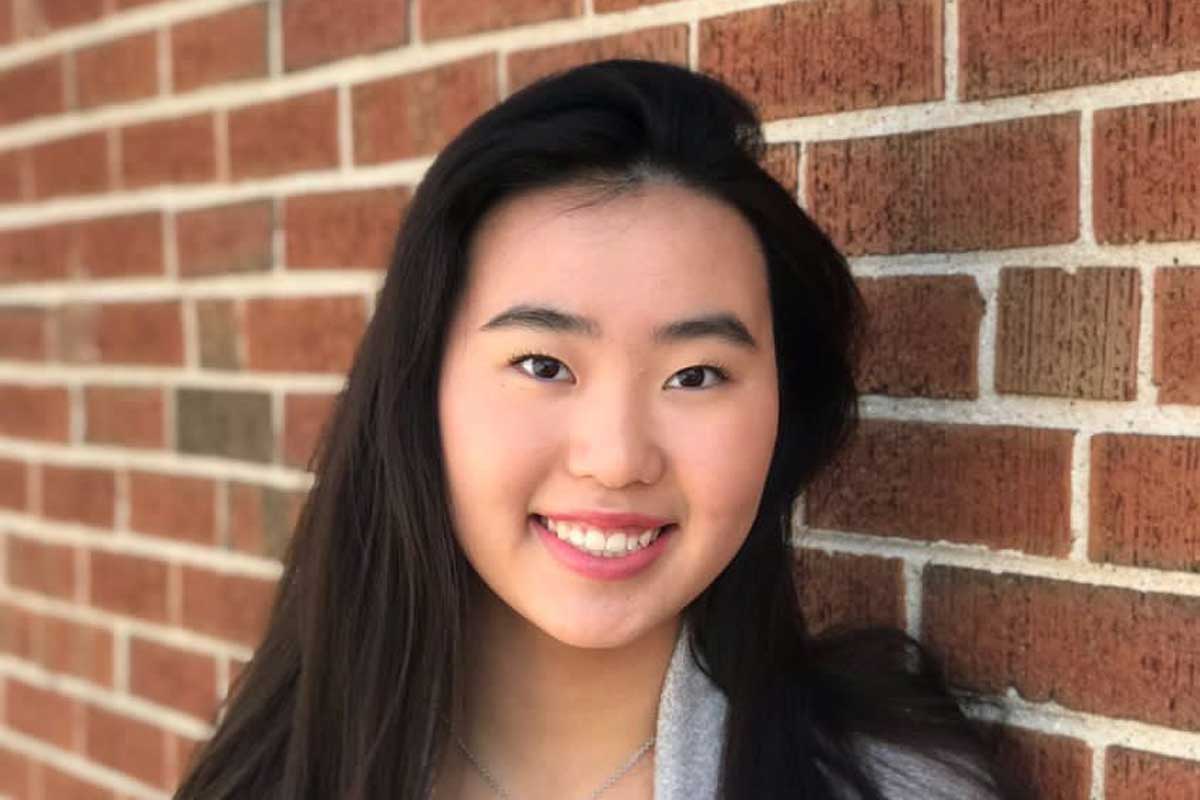
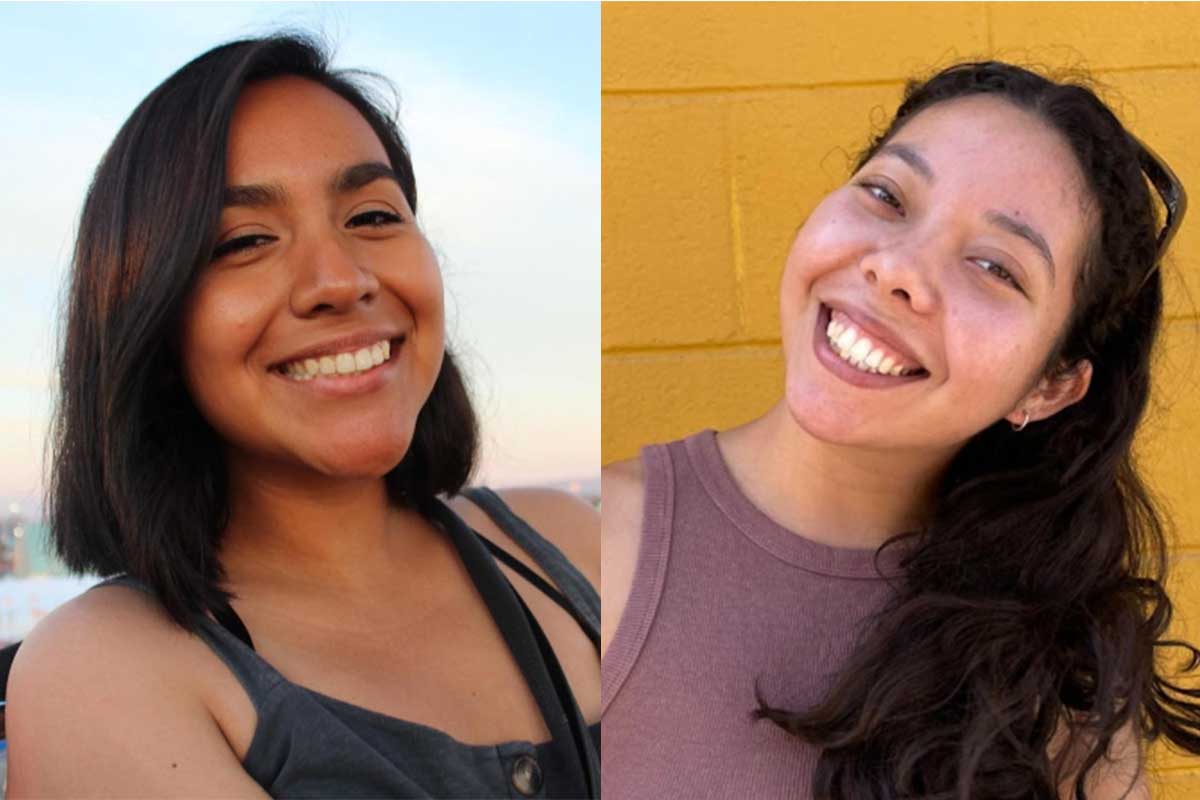
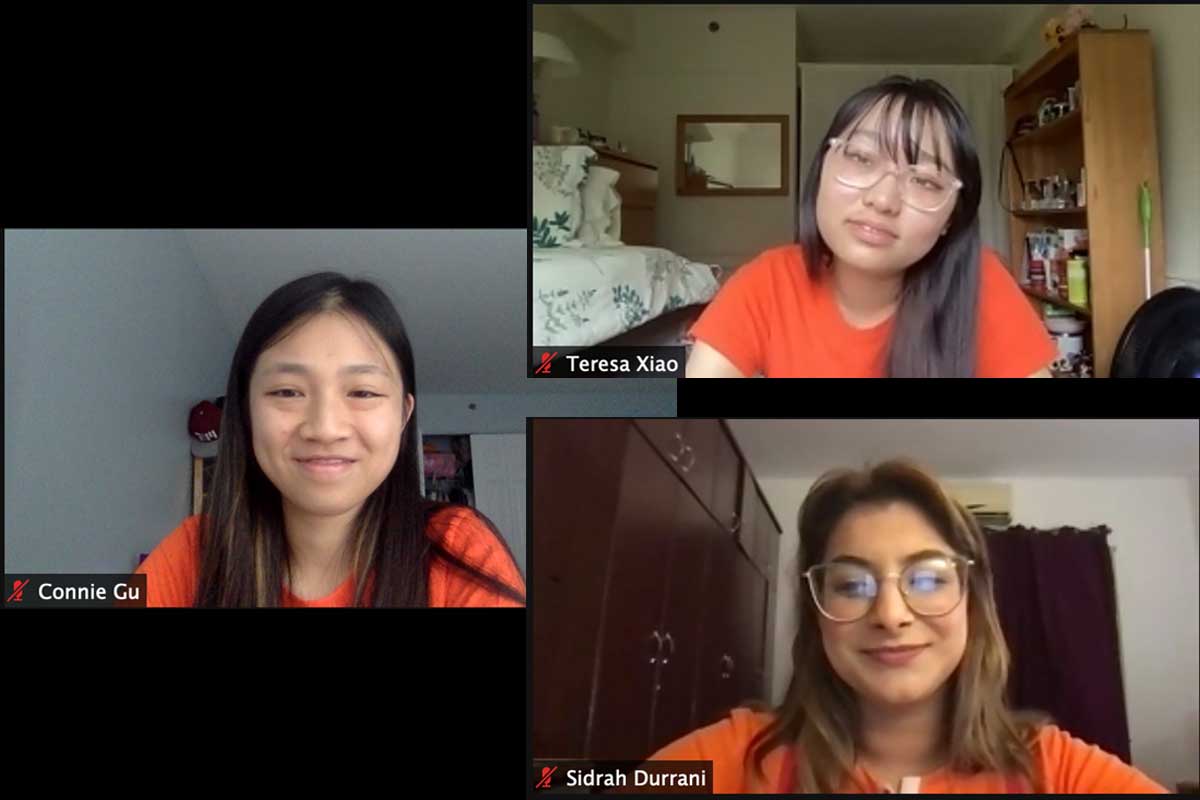
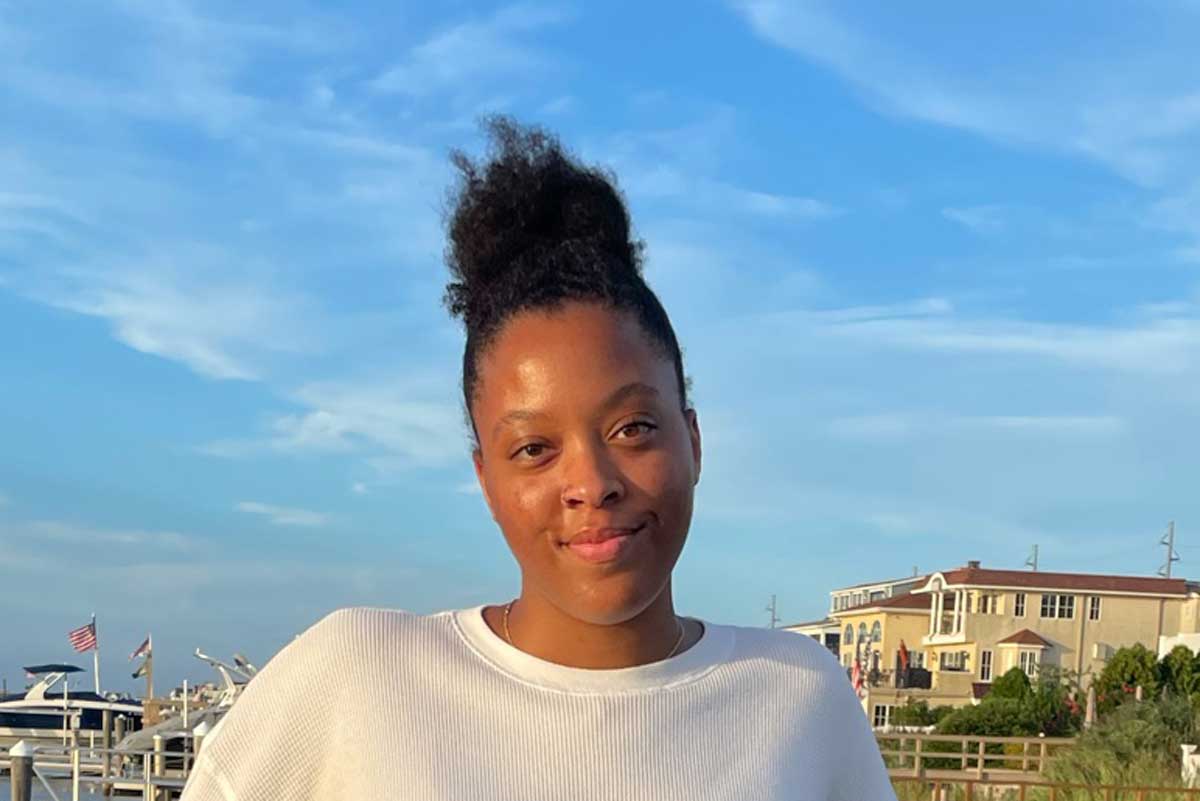



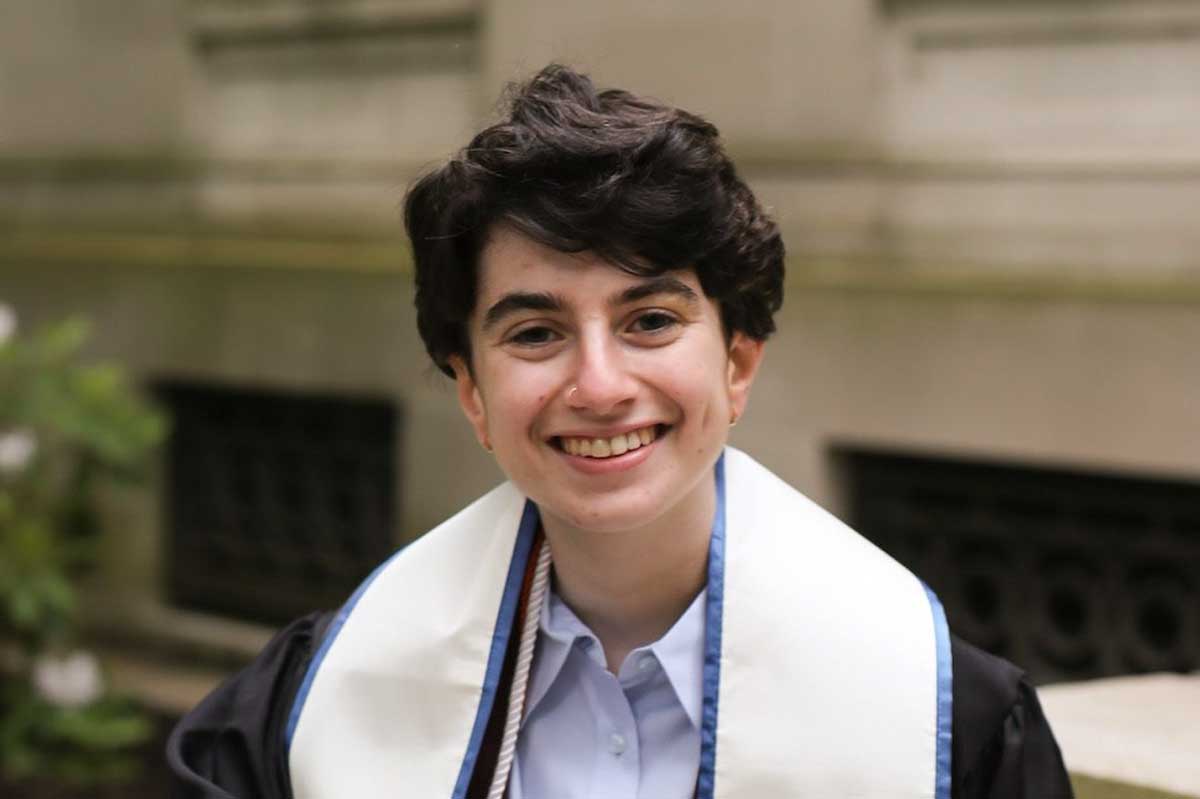

 Critical race theory has become the latest front in the culture wars. Depending on what you’ve read or what you’ve heard from politicians, you may be under the impression that critical race theory means talking about racism in any context, or that it means white people are inherently racist.
Critical race theory has become the latest front in the culture wars. Depending on what you’ve read or what you’ve heard from politicians, you may be under the impression that critical race theory means talking about racism in any context, or that it means white people are inherently racist. On March 11, 2021, the House of Representatives passed a bill seeking to “create a special education scheme to support deserving students attending public tertiary institutions across Liberia. The Bill is titled “An Act to Create a Special Education Fund to Support and Sustain the Tuition Free Scheme for the University of Liberia, All Public Universities and Colleges’ Program and the Free WASSCE fess for Ninth and Twelfth Graders in Liberia, or the Weah Education Fund (WEF) for short. The bill when enacted into law, will make all public colleges and universities “tuition-free”. The passage of this bill by the Lower House has been met by mixed reactions across the country: young, old, educated, not educated, stakeholders, parents, teachers among others, have all voiced their opinions about this bill. While some are celebrating this purported huge milestone in the education sector, others are still skeptical that this bill may only increase access but not address the structural challenges within the sector. I join forces with the latter, and in this article, I discuss the quality and access concept in our education sector and why quality is important than access. I recommend urgent action to improve quality for learners in K-12.
On March 11, 2021, the House of Representatives passed a bill seeking to “create a special education scheme to support deserving students attending public tertiary institutions across Liberia. The Bill is titled “An Act to Create a Special Education Fund to Support and Sustain the Tuition Free Scheme for the University of Liberia, All Public Universities and Colleges’ Program and the Free WASSCE fess for Ninth and Twelfth Graders in Liberia, or the Weah Education Fund (WEF) for short. The bill when enacted into law, will make all public colleges and universities “tuition-free”. The passage of this bill by the Lower House has been met by mixed reactions across the country: young, old, educated, not educated, stakeholders, parents, teachers among others, have all voiced their opinions about this bill. While some are celebrating this purported huge milestone in the education sector, others are still skeptical that this bill may only increase access but not address the structural challenges within the sector. I join forces with the latter, and in this article, I discuss the quality and access concept in our education sector and why quality is important than access. I recommend urgent action to improve quality for learners in K-12.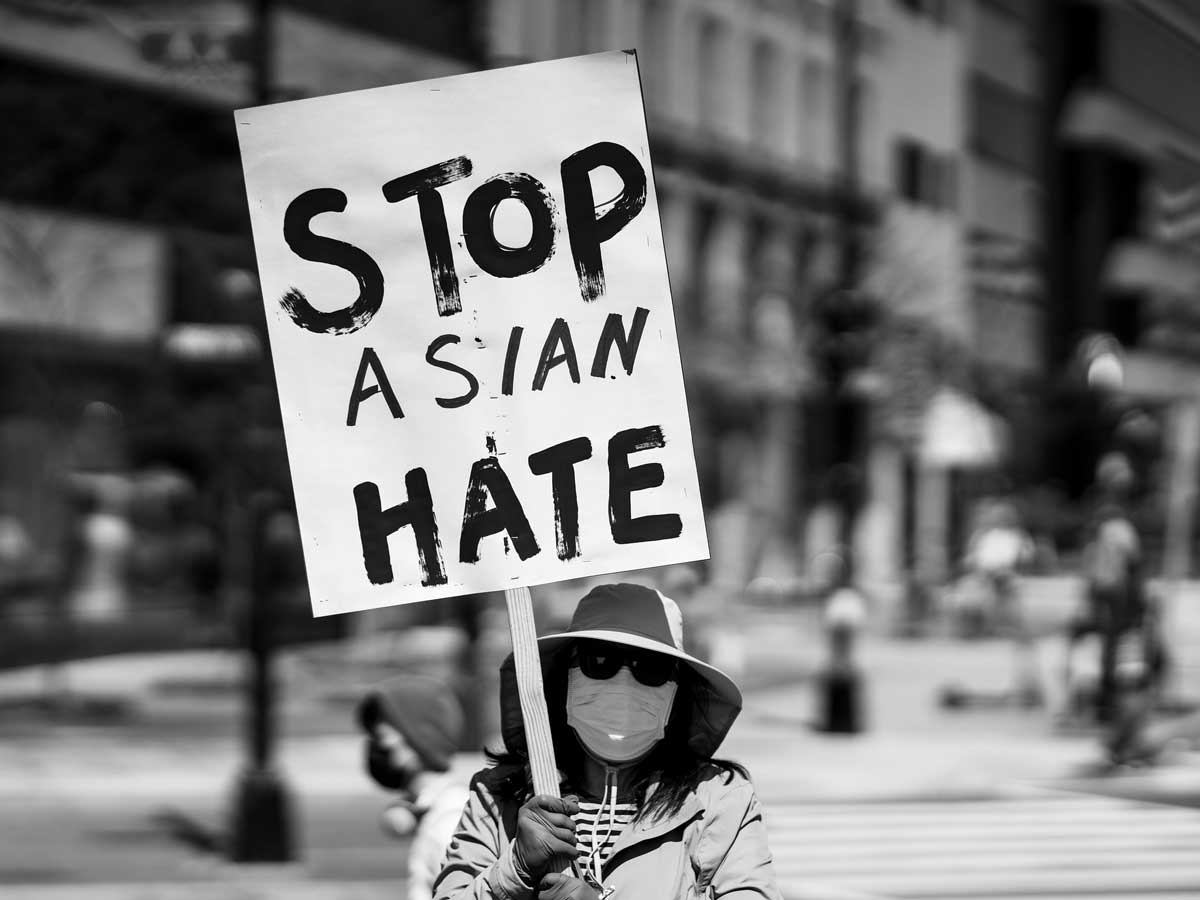
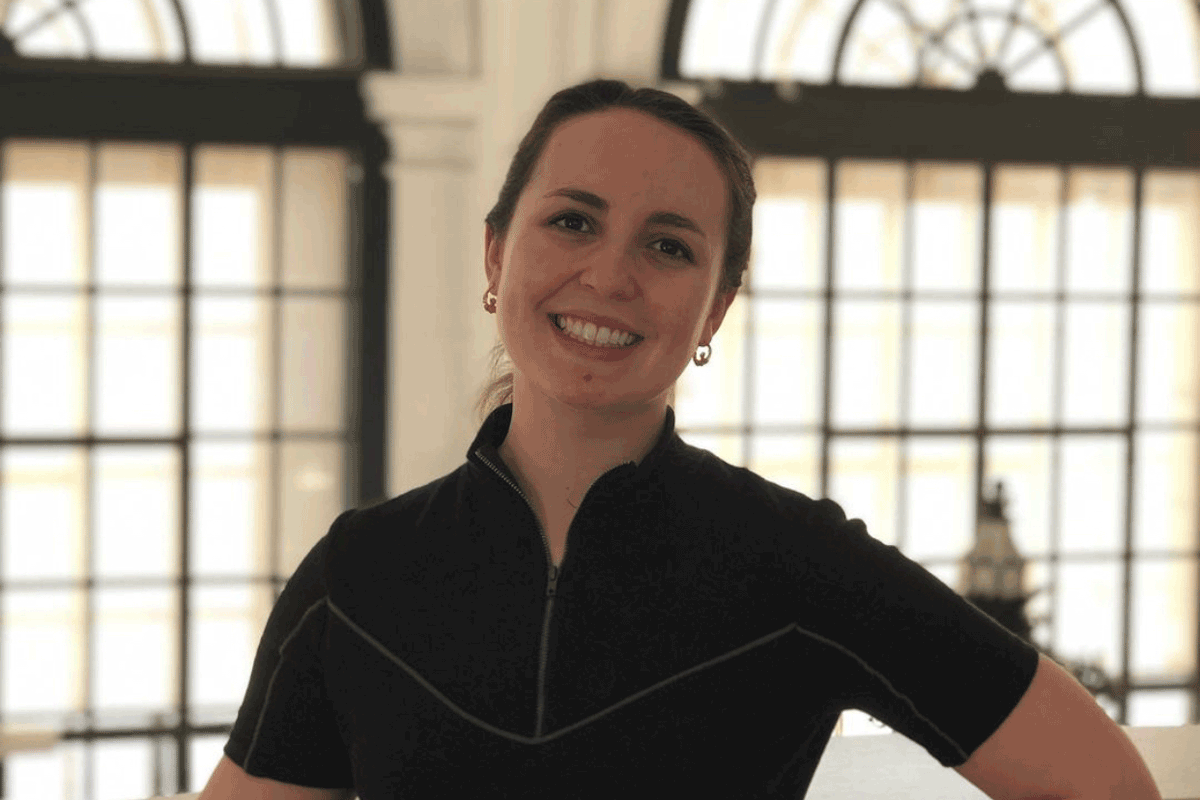 Sex education in the American public school system varies from state to state and from school district to school district. The lack of standardized sex education makes family education and conversations about sex and relationships all the more important for teenagers and their development. It is often assumed that parents are the default—that they are the only family members responsible for initiating these conversations. In my research conducted with WCW Senior Research Scientist
Sex education in the American public school system varies from state to state and from school district to school district. The lack of standardized sex education makes family education and conversations about sex and relationships all the more important for teenagers and their development. It is often assumed that parents are the default—that they are the only family members responsible for initiating these conversations. In my research conducted with WCW Senior Research Scientist 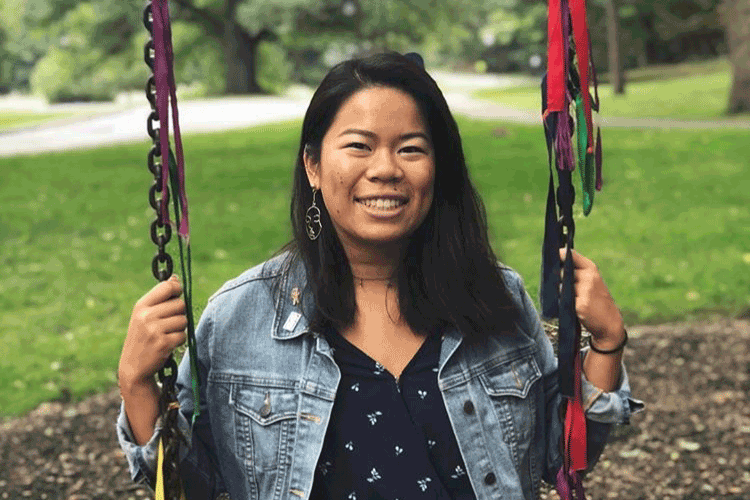 I spent the past semester working with Professor
I spent the past semester working with Professor 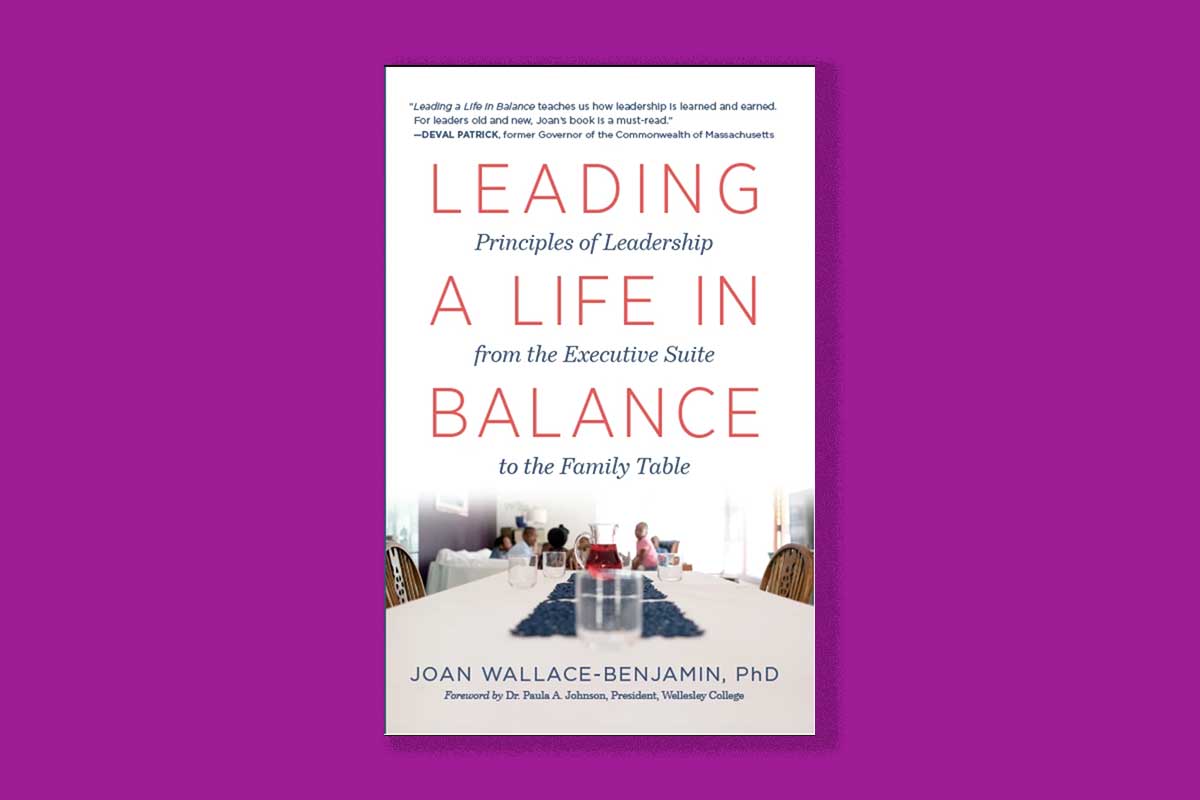 In my recently released book,
In my recently released book,  Sage Carson was raped by a graduate student in her sophomore year of college. In an article for
Sage Carson was raped by a graduate student in her sophomore year of college. In an article for  I never knew that I would have the opportunity to do social science research as an undergraduate until I got to Wellesley College. Towards the end of my first year, with my academic interests starting to gravitate toward Sociology and South Asia Studies, I knew I wanted to connect the concepts I was learning in the classroom to action-oriented research that produced tangible results for communities that I cared about. Through the helpful guidance of my peers, professors, and mentors, I discovered that I could get that opportunity by working at the Wellesley Centers for Women.
I never knew that I would have the opportunity to do social science research as an undergraduate until I got to Wellesley College. Towards the end of my first year, with my academic interests starting to gravitate toward Sociology and South Asia Studies, I knew I wanted to connect the concepts I was learning in the classroom to action-oriented research that produced tangible results for communities that I cared about. Through the helpful guidance of my peers, professors, and mentors, I discovered that I could get that opportunity by working at the Wellesley Centers for Women. It is the spring of 2020, and my senior year at Wellesley College is not at all what I imagined it would be like. Before concerns about COVID-19 led
It is the spring of 2020, and my senior year at Wellesley College is not at all what I imagined it would be like. Before concerns about COVID-19 led  Hospitals and universities are facing challenges that many have never seen before as they respond to COVID-19. Universities are
Hospitals and universities are facing challenges that many have never seen before as they respond to COVID-19. Universities are  A recent family conversation reminded me of my (long-ago!) elementary school experience of learning who my teacher would be in the coming school year. I remember the sense of anticipation – who will be my teacher?.
A recent family conversation reminded me of my (long-ago!) elementary school experience of learning who my teacher would be in the coming school year. I remember the sense of anticipation – who will be my teacher?. My name is Anmol Nagar and I’m a junior at Wellesley College, originally from the California Bay Area. Over the past year I’ve done research at the Wellesley Centers for Women with
My name is Anmol Nagar and I’m a junior at Wellesley College, originally from the California Bay Area. Over the past year I’ve done research at the Wellesley Centers for Women with  At the end of the presentation, Dr.
At the end of the presentation, Dr.  Close to half a century has passed since I lived in
Close to half a century has passed since I lived in  But as much as I believed in my work and as much as I loved Colombia—the food, the people, the mountains, majestic and ever changing as clouds and sun played hide and seek—I realized Amy’s physical and developmental challenges required medical care and educational programs unavailable in Colombia. Amy and I left. I was unsure if I would ever return.
But as much as I believed in my work and as much as I loved Colombia—the food, the people, the mountains, majestic and ever changing as clouds and sun played hide and seek—I realized Amy’s physical and developmental challenges required medical care and educational programs unavailable in Colombia. Amy and I left. I was unsure if I would ever return. ote for me. One of the bits of information our guide mentioned as we passed a large public school was that schools were now required to teach sex education to students starting in the early grades. Recalling the opposition our sex education project had encountered years before, I asked if the requirement was enforced or merely a regulation on the books. He smiled. “Well, Senora, I can’t speak for the entire country, but certainly in the big cities and towns it is a regular part of the educational program. The law was passed in 1994.”
ote for me. One of the bits of information our guide mentioned as we passed a large public school was that schools were now required to teach sex education to students starting in the early grades. Recalling the opposition our sex education project had encountered years before, I asked if the requirement was enforced or merely a regulation on the books. He smiled. “Well, Senora, I can’t speak for the entire country, but certainly in the big cities and towns it is a regular part of the educational program. The law was passed in 1994.” A spectacular
A spectacular  all interested in medicine,” we asked. “No, I’m going to study psychology,” another replied.
all interested in medicine,” we asked. “No, I’m going to study psychology,” another replied. Today, it is almost impossible not to talk about immigration and what that represents to every single individual in our nation. As an immigrant transgender woman who was granted
Today, it is almost impossible not to talk about immigration and what that represents to every single individual in our nation. As an immigrant transgender woman who was granted  About twenty years ago, I received some unbearable news about a dear friend. A highly intelligent, strong, and beautiful woman of African-descent revealed to me that she contracted HIV as a result of having unprotected sex with a man who had the virus. Twenty years ago, I was convinced that the virus was an automatic death sentence for my friend. Thankfully, with advances in medical technology, not only is she still with us but she is healthy and thriving. However, keep in mind that she has the necessary resources that are needed in order to take care of herself, so she can successfully manage her overall health. She is middle class, has a good health insurance plan, has access to the appropriate health care, and has a supportive social network that encourages her to maintain her health.
About twenty years ago, I received some unbearable news about a dear friend. A highly intelligent, strong, and beautiful woman of African-descent revealed to me that she contracted HIV as a result of having unprotected sex with a man who had the virus. Twenty years ago, I was convinced that the virus was an automatic death sentence for my friend. Thankfully, with advances in medical technology, not only is she still with us but she is healthy and thriving. However, keep in mind that she has the necessary resources that are needed in order to take care of herself, so she can successfully manage her overall health. She is middle class, has a good health insurance plan, has access to the appropriate health care, and has a supportive social network that encourages her to maintain her health. Ph.D., is a former post-doctoral intern at the
Ph.D., is a former post-doctoral intern at the  This landscape is familiar, strewn with ash and blood. We’ve been here before, too often, seeking the living, counting our dead. I know the terrain, can pick my way stumbling over the bodies, the stench of fear and hatred lingering in the air; the thoughts and prayers; the headlines and statistics.
This landscape is familiar, strewn with ash and blood. We’ve been here before, too often, seeking the living, counting our dead. I know the terrain, can pick my way stumbling over the bodies, the stench of fear and hatred lingering in the air; the thoughts and prayers; the headlines and statistics. Emily Style’s beautiful phrase “curriculum as window and mirror” has had an enormous impact on my work as a teacher and teacher educator over the last 30 years. Other proponents of multicultural education have, over those years, deployed many more words to assert what curriculum ought to be and do. Emily’s lyrical imagery is testament to her skills as both poet and educational theorist. And, generations of teachers are all the better for having taken these words to heart as they consider the choices they make in responding to the students in their classrooms.
Emily Style’s beautiful phrase “curriculum as window and mirror” has had an enormous impact on my work as a teacher and teacher educator over the last 30 years. Other proponents of multicultural education have, over those years, deployed many more words to assert what curriculum ought to be and do. Emily’s lyrical imagery is testament to her skills as both poet and educational theorist. And, generations of teachers are all the better for having taken these words to heart as they consider the choices they make in responding to the students in their classrooms. When I first came across
When I first came across 
 The Wellesley Centers for Women is mourning the death of Deborah Holmes, Chair of the WCW Council of Advisors and a passionate activist committed to the lives of women, people of color, equity, and social justice across the world.
The Wellesley Centers for Women is mourning the death of Deborah Holmes, Chair of the WCW Council of Advisors and a passionate activist committed to the lives of women, people of color, equity, and social justice across the world. A few days ago, my eyes fell upon an online post discussing recent
A few days ago, my eyes fell upon an online post discussing recent  Even in this 21st Century, we have not yet come to accept that parenting is a shared component of our human condition. Every industry employs parents who are trying to balance their work obligations with their family roles. In fact, even non-parents can be called into a caregiving role, for example when their ageing parents need help. Gone are the days when a two-parent family could live on a single paycheck and when family roles were clearly divided. Therefore all of us, across gender and age, would benefit from a variety of workplace supports that accommodate our multiple roles as modern human beings.
Even in this 21st Century, we have not yet come to accept that parenting is a shared component of our human condition. Every industry employs parents who are trying to balance their work obligations with their family roles. In fact, even non-parents can be called into a caregiving role, for example when their ageing parents need help. Gone are the days when a two-parent family could live on a single paycheck and when family roles were clearly divided. Therefore all of us, across gender and age, would benefit from a variety of workplace supports that accommodate our multiple roles as modern human beings.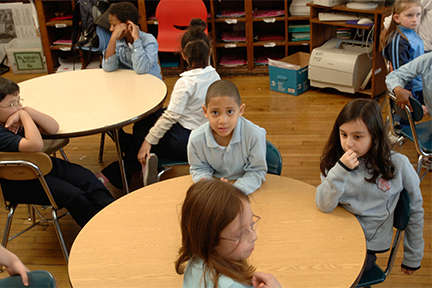 A message from
A message from  with their own trauma history can be triggered by another traumatic event, even if it did not directly happen to them. In addition to the positive, supportive classroom climate and the social and emotional learning tools that Open Circle provides, some students may need additional time with a school psychologist or guidance counselor to help them manage their fears.
with their own trauma history can be triggered by another traumatic event, even if it did not directly happen to them. In addition to the positive, supportive classroom climate and the social and emotional learning tools that Open Circle provides, some students may need additional time with a school psychologist or guidance counselor to help them manage their fears. As the 62nd Session of the Commission on the Status of Women (CSW) at the United Nations in New York draws near, women from every corner of the world will convene to deliberate on the theme of CSW 2018: Challenges and Opportunities in achieving gender equality and the empowerment of rural women and girls. This year, the theme of empowerment has added significance. The #MeToo movement has shocked our collective conscience and made it impossible to ignore that empowerment goes far beyond economic agency.
As the 62nd Session of the Commission on the Status of Women (CSW) at the United Nations in New York draws near, women from every corner of the world will convene to deliberate on the theme of CSW 2018: Challenges and Opportunities in achieving gender equality and the empowerment of rural women and girls. This year, the theme of empowerment has added significance. The #MeToo movement has shocked our collective conscience and made it impossible to ignore that empowerment goes far beyond economic agency. Several countries, notably Japan, have put forward “win-win” economic policies, but they ignore controversial and difficult social policies such as violence against women. This approach is similar to the nations that peddled the “Asian Values” theory in the 1990s. The better approach is to reveal the interconnectedness of women’s economic participation with equal protection of laws.
Several countries, notably Japan, have put forward “win-win” economic policies, but they ignore controversial and difficult social policies such as violence against women. This approach is similar to the nations that peddled the “Asian Values” theory in the 1990s. The better approach is to reveal the interconnectedness of women’s economic participation with equal protection of laws. The fifth-grader’s voice was full of emotion as he shouted, “That’s not fair! What a mean thing to do!”
The fifth-grader’s voice was full of emotion as he shouted, “That’s not fair! What a mean thing to do!” By the end of my first year at Wellesley College, I knew that I wanted to explore the world of research. I had taken the first of many gender studies courses to come, and left class with a head full of questions that I not only wanted answers to, but wanted to take a stake at answering. A stroke of luck brought me to an event for students to meet with research scientists at the Wellesley Center for Women. A stroke of better luck brought me to Dr.
By the end of my first year at Wellesley College, I knew that I wanted to explore the world of research. I had taken the first of many gender studies courses to come, and left class with a head full of questions that I not only wanted answers to, but wanted to take a stake at answering. A stroke of luck brought me to an event for students to meet with research scientists at the Wellesley Center for Women. A stroke of better luck brought me to Dr.  The power of representation became personal when I began to cultivate a mentor-mentee relationship with Linda. Our weekly/bi-weekly research check-ins were not only crucial for the advancement of the qualitative research we were conducting and my own research skills, but also for developing my own sense of worth and potential. Little by little, I was able to learn about Linda’s life and experiences, research and otherwise. I found out she was Thai (like me)! I found out that she also struggled in her undergraduate years (who knew that researchers were not perfect?). She spoke about her queerness in ways that normalized my own burgeoning questions about sexuality and gender. She validated my questions, hopes, and fears no matter how naive, incomplete, or overwhelming. I was learning so much from someone who shared my most salient identities - - from a successful academic whose work brimmed with passion. If she could do it, maybe I could too.
The power of representation became personal when I began to cultivate a mentor-mentee relationship with Linda. Our weekly/bi-weekly research check-ins were not only crucial for the advancement of the qualitative research we were conducting and my own research skills, but also for developing my own sense of worth and potential. Little by little, I was able to learn about Linda’s life and experiences, research and otherwise. I found out she was Thai (like me)! I found out that she also struggled in her undergraduate years (who knew that researchers were not perfect?). She spoke about her queerness in ways that normalized my own burgeoning questions about sexuality and gender. She validated my questions, hopes, and fears no matter how naive, incomplete, or overwhelming. I was learning so much from someone who shared my most salient identities - - from a successful academic whose work brimmed with passion. If she could do it, maybe I could too. As we enter 2018 with eager anticipation, it is a natural part of the transition into the new year to establish personal and career resolutions. Many business leaders consider ways to refresh the strategy for their organizations seeking to answer questions such as “How can my team help our organization achieve its goals with a greater impact?”
As we enter 2018 with eager anticipation, it is a natural part of the transition into the new year to establish personal and career resolutions. Many business leaders consider ways to refresh the strategy for their organizations seeking to answer questions such as “How can my team help our organization achieve its goals with a greater impact?”
 Finally, Capgemini enhanced our Women’s Leadership Development Program (WLDP) to ensure a positive impact on the development of our women leaders. As a three-month program designed to provide training, mentoring, career objective-setting, and coaching for women in North America, WLDP is a signature program of the company’s talent development initiatives.
Finally, Capgemini enhanced our Women’s Leadership Development Program (WLDP) to ensure a positive impact on the development of our women leaders. As a three-month program designed to provide training, mentoring, career objective-setting, and coaching for women in North America, WLDP is a signature program of the company’s talent development initiatives. In a meeting with the Congressional Black Caucus earlier in October, Facebook’s Chief Operating Officer,
In a meeting with the Congressional Black Caucus earlier in October, Facebook’s Chief Operating Officer,  My colleagues Vicki Kramer, Allison Konrad, and I interviewed 50 women directors, 12 CEOs (nine male), and seven corporate secretaries at Fortune 1000 companies. We found that
My colleagues Vicki Kramer, Allison Konrad, and I interviewed 50 women directors, 12 CEOs (nine male), and seven corporate secretaries at Fortune 1000 companies. We found that  The Supreme Court of India
The Supreme Court of India  It is common knowledge that there is a link between lower levels of education and early marriage. The
It is common knowledge that there is a link between lower levels of education and early marriage. The  Nandita Dutta is deputy manager at the
Nandita Dutta is deputy manager at the  Since 1981, the United Nations has observed International Day of Peace on September 21. In its resolution, the UN marked the day as a “
Since 1981, the United Nations has observed International Day of Peace on September 21. In its resolution, the UN marked the day as a “ WILPF has been one of many women’s peace organizations who successfully lobbied the UN Security Council to recognize, in Resolution 1325 (
WILPF has been one of many women’s peace organizations who successfully lobbied the UN Security Council to recognize, in Resolution 1325 ( It’s back-to-school time and families, youth, and educators must adjust their schedules for another school year. In the midst of the forms and information families receive – or that get “lost” in a child’s backpack or locker – you may have heard something about a
It’s back-to-school time and families, youth, and educators must adjust their schedules for another school year. In the midst of the forms and information families receive – or that get “lost” in a child’s backpack or locker – you may have heard something about a  From my desk at NIOST, I’m starting the school year by working at the national, state, and local levels to support educators and administrators in their efforts to promote positive youth outcomes, especially in the expanding field of SEL. Specifically, I am researching the SEL programs that states are currently adopting in preparation for our forthcoming workshop for out-of-school time (OST) leaders on how to integrate these practices into school-age child care or other OST settings. As I do this work, my background as a former school committee member and education advocate means I can’t resist passing along the newest SEL information that comes across my desk to the regional school administrators in my community who are convening the SEL planning discussions for local schools.
From my desk at NIOST, I’m starting the school year by working at the national, state, and local levels to support educators and administrators in their efforts to promote positive youth outcomes, especially in the expanding field of SEL. Specifically, I am researching the SEL programs that states are currently adopting in preparation for our forthcoming workshop for out-of-school time (OST) leaders on how to integrate these practices into school-age child care or other OST settings. As I do this work, my background as a former school committee member and education advocate means I can’t resist passing along the newest SEL information that comes across my desk to the regional school administrators in my community who are convening the SEL planning discussions for local schools. Mentorship was the reason I came to Wellesley College, all the way across the globe from Sri Lanka. Back in 2013 on the day of the United Nations’
Mentorship was the reason I came to Wellesley College, all the way across the globe from Sri Lanka. Back in 2013 on the day of the United Nations’ 

 It’s one thing to teach kids to say “thank you” when they receive a gift or when someone does a favor for them. But how can we help children understand what
It’s one thing to teach kids to say “thank you” when they receive a gift or when someone does a favor for them. But how can we help children understand what  In partnership with the Greater Good Science Center and the John Templeton Foundation,
In partnership with the Greater Good Science Center and the John Templeton Foundation, 